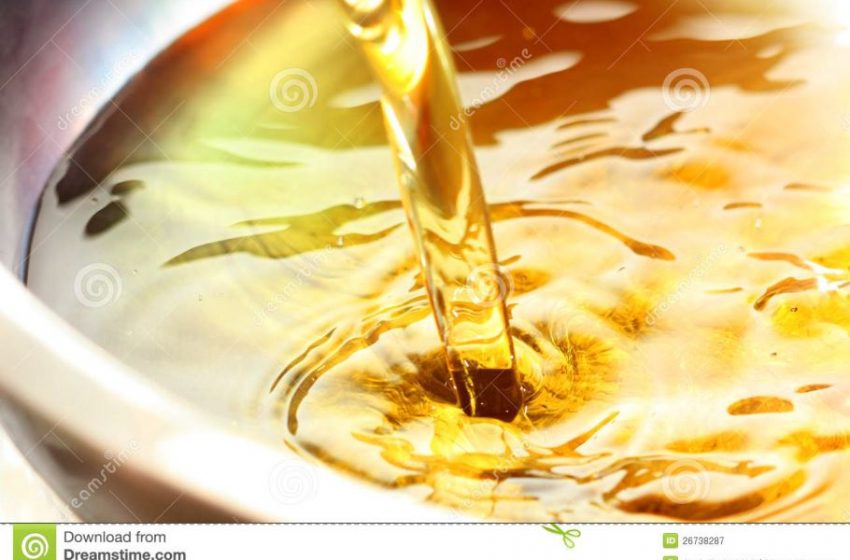DO YOU KNOW YOUR COOKING OIL?

The oil in which we cook has a big impact on the health, nutritious value and taste of the dishes we make. Often we do not look beyond olive oil, but there is a long list of options, if we only look. In this piece we discuss three main oils that you can consider for your next dish.
We often don’t give much thought to the kind of oil we use in our cooking. Olive oil is the most commonly used type, but there are a lot of options out there for different kinds of cooking and lifestyles. Generally speaking, refined oils are more stable and are better suited to high-temperature cooking such as deep frying. These oils tend to have higher smoke points, which is the temperature at which oil breaks down and gives out acrid fumes.
With that caveat in mind, here are three different types of oils that you can use in your cooking.
1. Extra virgin olive oil
This is the highest quality of olive oil that you can find. Because of its vivid colours and rich flavours, it is ideal for salad dressings, eating with bread, and drizzling over dishes. High quality extra virgin olive oil has a smoke point of around 200-215 degrees, making it a healthy option for most types of cooking, even with baking.
This is one of the healthiest types of oils to eat. Research has shown that good quality virgin olive oil can reduce risk of heart disease, type 2 diabetes and some cancers.
2. Olive oil
Often marketed as ‘pure’ or ‘light’ olive oil, this is a blend of virgin or extra virgin oil with lampante olive oil. The chemical processing makes the oil more neutral and stable, but it also strips it of all its natural colour, vitamins, minerals and antioxidants. As a cooking oil it is suitable for most uses, especially for Mediterranean food. It is good for both shallow and deep frying because of its relatively high smoke point.
It has high levels of mono unsaturated fatty acids that make it a generally healthy dietary fat, but refinement cancels out many of its health benefits.
3. Sunflower oil
Extracted from the seeds of sunflowers, chemical refinement does offer it stability but strips out naturally occurring nutrients. With a smoke point of around 225 degrees, it is perfect for deep frying dishes such as tempura and chips. It is high in poly unsaturated fats, which have been shown to lower cholesterol, particularly bad cholesterol. The Heart Foundation replaces sunflower oil as a good replacement for butter.






